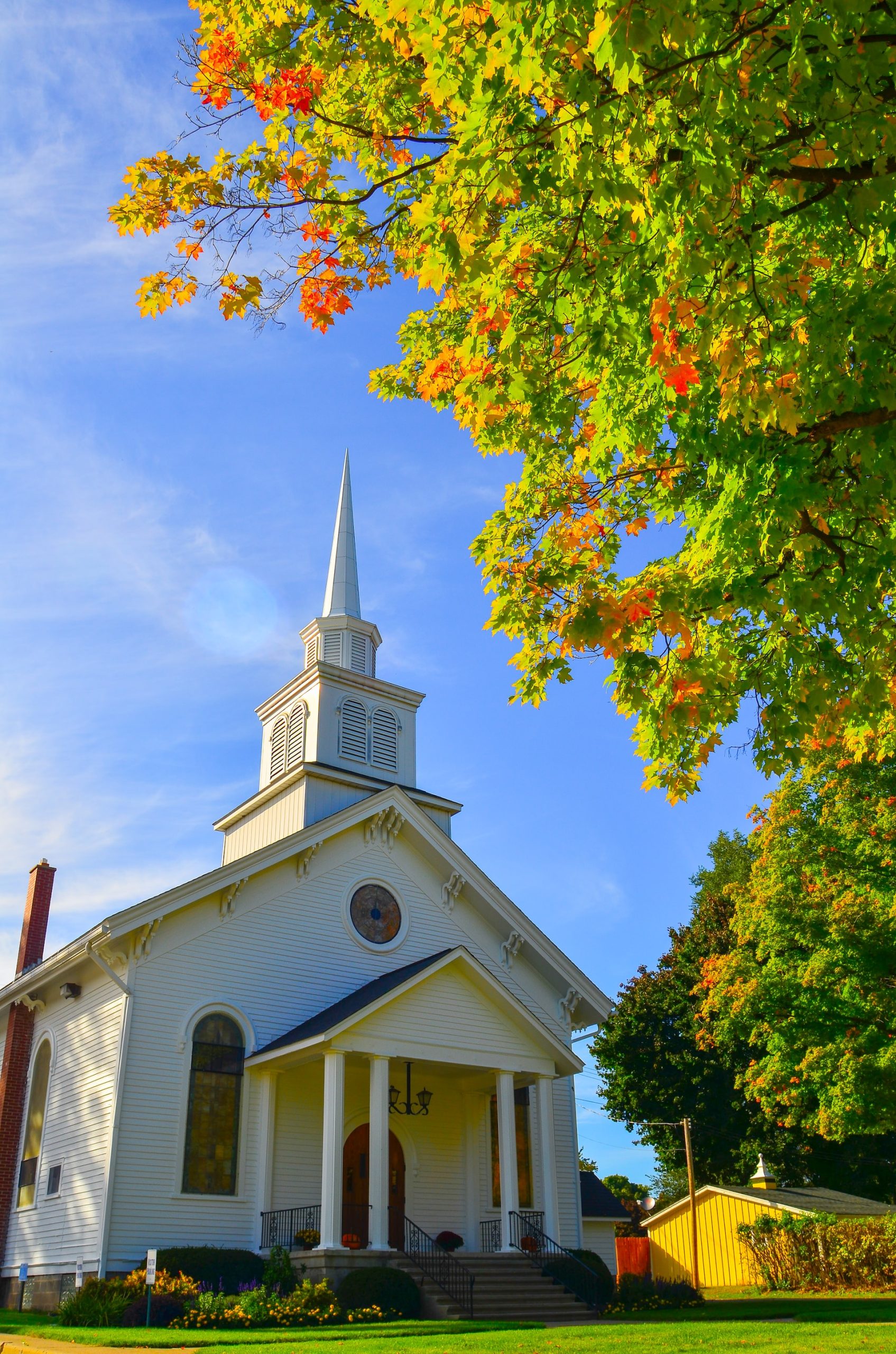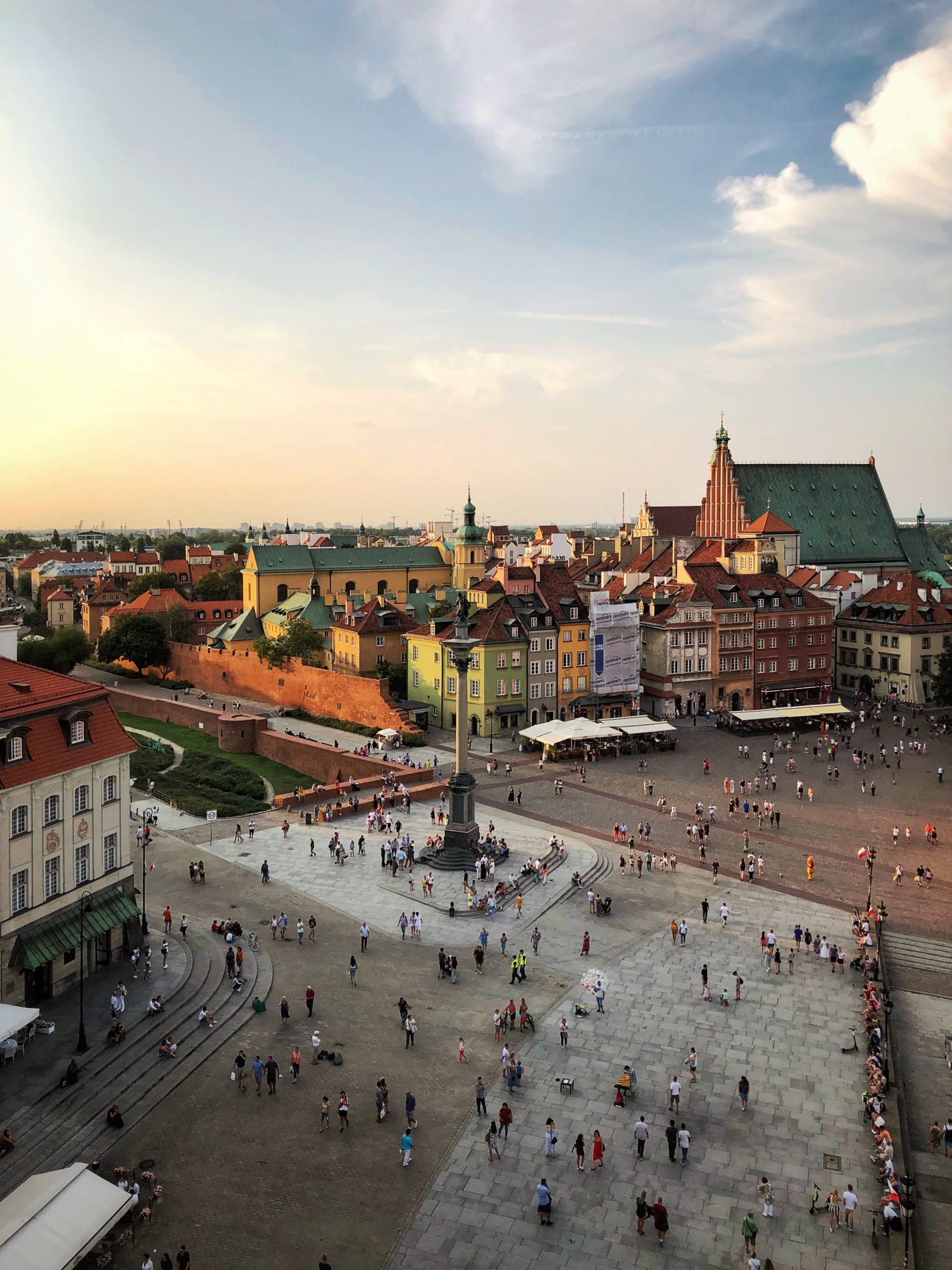Introduction:
In a groundbreaking development, Oklahoma is making waves as it embarks on a transformative journey to dissolve the longstanding barriers that separate church and state. This audacious move has ignited intense debate and drawn national attention, challenging conventional notions of the separation between religion and government. Today, we delve into the intricacies of Oklahoma’s bold endeavor, exploring the motivations, potential consequences, and implications of this unprecedented step towards redefining the church-state relationship.
The Shift in Paradigm:
Oklahoma’s decision to dissolve the barriers between church and state represents a significant paradigm shift, departing from the traditional notion of a strict separation between religious institutions and government entities. By embracing a more integrated approach, the state aims to foster a closer alignment between religious values and public life, seeking to redefine the very fabric of governance.
Motivations and Rationale:
-
Reconnecting Faith and Society:
Advocates for dissolving the barriers between church and state argue that reconnecting faith and society is crucial for cultivating a more cohesive and morally grounded community. They believe that religious values provide a compass for ethical decision-making and can play a pivotal role in addressing societal challenges such as crime, poverty, and social inequality.
-
Nurturing a Sense of Identity:
Oklahoma’s move is also driven by a desire to nurture a strong sense of identity and cultural heritage. Proponents assert that religion has played an integral part in shaping the state’s history, traditions, and values. By embracing religious principles in public life, they argue that Oklahoma can celebrate and preserve its unique identity while fostering a collective sense of pride and unity among its citizens.
-
Balancing Individual Freedoms:
Advocates contend that dissolving the barriers between church and state does not infringe upon individual freedoms or impose religious beliefs. Rather, they emphasize the importance of maintaining a delicate balance that respects the rights and beliefs of all citizens, irrespective of their faith or non-religious affiliation. This approach aims to create an inclusive society that upholds the principles of religious freedom and respects individual autonomy.
Uncharted Territory and Controversies:
Oklahoma’s bold move has not come without its fair share of controversies and concerns. Critics and skeptics raise several points of contention:
-
Potential Discrimination:
Opponents argue that dissolving the barriers between church and state may open the door to potential discrimination, privileging certain religious beliefs while marginalizing others. They express concerns that this approach could lead to the infringement of the rights of minority religions and non-religious individuals, undermining the principles of equality and fairness.
-
Constitutional Implications:
The move to dissolve the barriers between church and state inevitably raises questions about its constitutionality. Legal scholars and experts are actively analyzing the potential conflicts with the Establishment Clause of the First Amendment, which prohibits the government from establishing or favoring any particular religion. The delicate balance between religious freedom and state endorsement of religious beliefs remains a complex legal challenge.
Public Discourse and Perspectives:
Oklahoma’s bold step has ignited spirited public discourse, with divergent perspectives shaping the ongoing debate:
-
Reaffirming Secular Principles:
Critics argue for the preservation of a strict separation between church and state, emphasizing the importance of maintaining a secular government. They contend that such a separation protects individual freedoms, prevents the entanglement of religion and politics, and safeguards against potential discrimination or favoritism towards a specific faith.
-
Embracing Religious Pluralism:
Proponents of dissolving the barriers between church and state advocate for embracing religious pluralism and acknowledging the diverse religious landscape within Oklahoma. They believe that recognizing and incorporating various religious perspectives.










